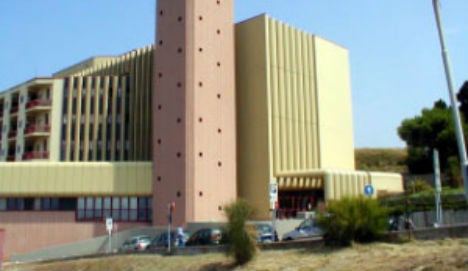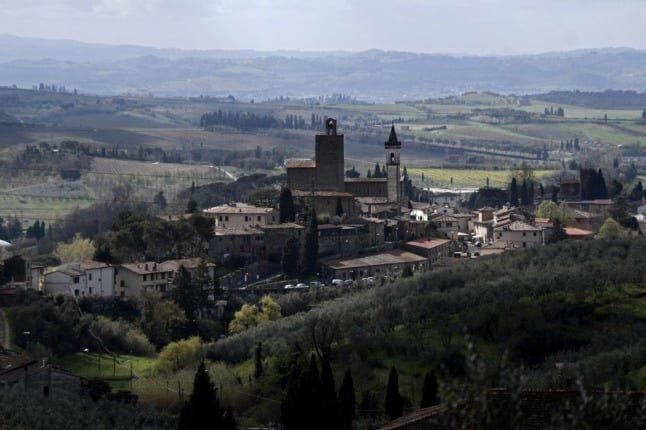Investigators believe 13 patients, all seriously but not terminally ill, died as a result of being given strong doses of the anticoagulant drug Eparina in the town of Piombino – and have not ruled out uncovering other suspicious deaths.
“Prosecutors and health police are extending their investigation” into Fausta Bonino, 56, as well as speaking to family members of other possible victims, public broadcaster Rai said, after the nurse was accused of administering fatal doses of the blood-thinning drug to patients in intensive care Between January 2014 and September 2015.
“We never really understood what happened. Now we want to know if that nurse was working the day my father died,” a man known only as Massimo told La Stampa daily about the death of his 77-year old parent in 2014.
While police have said the arrest potentially averted further deaths, Bonino's husband Renato Di Biagio insisted she was innocent and denied reports she had been suffering from depression.
“They've slung all sorts of mud at us, how is a man who categorically believes in his wife's innocence supposed to feel?” he repeated in interviews with several newspapers.
Bonino was arrested Wednesday after a review of all the recent abnormal deaths at the hospital identified her as being the only staff member involved in every case.
She is accused of having given her victims up to 10 times the usual dose of the drug, including in certain cases where it had not been prescribed by the physicians treating the patients.
Marketed as Heparin in the United States and other markets, the drug is used to prevent blood clotting.
The result, police said, was to rapidly trigger multiple and irreversible internal bleeds which killed 12 of the alleged victims. The other one died from cardiac arrest.
But her lawyer, Cesarina Barghini, told La Stampa “only two cases of death by Eparina have been analysed and that's really far too little to link it to Bonino. “In all the other cases, it is nothing but simple deduction based on medical records, nothing more”.
“The investigation files show the case is far too weak to accuse a nurse, who has always been above suspicion, of carrying out multiple murders,” he said, adding that Bonino believed she was being used as “a scapegoat”.
The nurse's boss reportedly told investigators the workload at the hospital had increased and Bonino did much longer hours than many of her colleagues, with others saying she appeared stressed and withdrawn.
Bonino has been imprisoned pending formal charges. Prosecutors want her to be charged with multiple homicide with a number of aggravating factors, including cruelty and neglect of her duties as a nurse and public service.
Police said that the married mother of two grown-up children had been treated for depression and Il Tirreno reported she also had problems with alcohol and prescription drugs.
“My wife has never been depressed, she takes a pill every now and then to cheer herself up, as everyone does,” Di Biagio said, adding that “she doesn't drink. Perhaps a glass of something with a meal, but nothing more”.



 Please whitelist us to continue reading.
Please whitelist us to continue reading.
Member comments